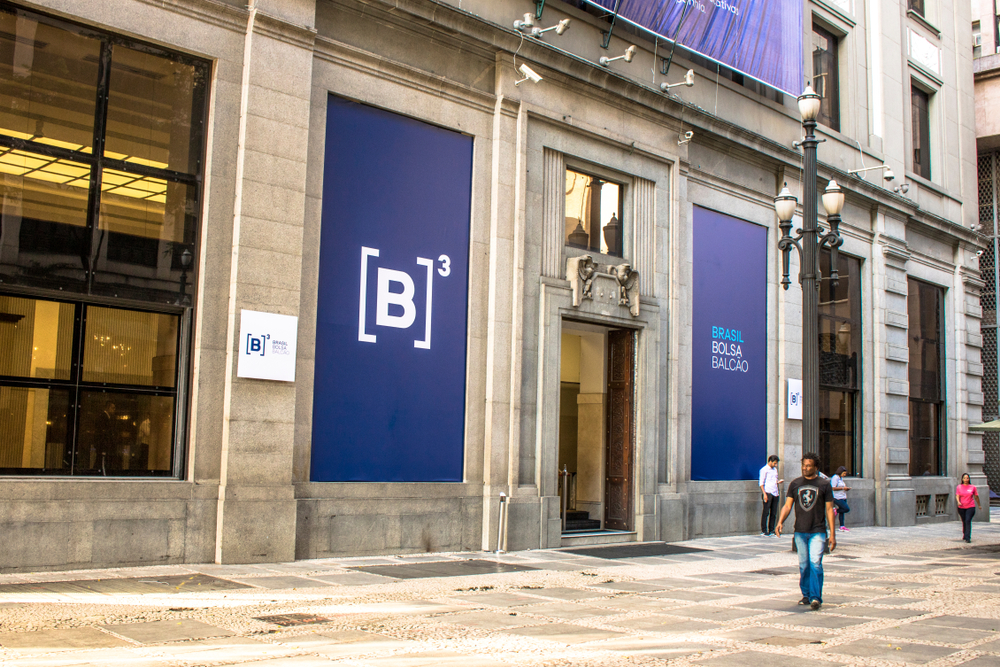The Nigeria Customs Service has exposed a massive vehicle trafficking operation linking multiple continents. Criminal networks move stolen cars from Europe, North America, and Australia through West African ports.
Recent enforcement actions recovered 21 luxury vehicles worth $10 million stolen from Canada. The seizure included high-end Rolls-Royce, Lamborghini, and Mercedes-Benz models smuggled into Nigeria through deceptive shipping methods.
Operation Hot Wheels, launched by Nigerian customs officials, partners with Canadian authorities to disrupt these criminal networks.
The initiative targets sophisticated smuggling techniques like false cargo declarations and hidden container shipments. Statistics reveal concerning trends in Nigeria‘s vehicle theft problem.
The National Bureau reports only 54% of stolen vehicles were recovered between 2013-2015. This low recovery rate points to organized criminal enterprises.
 West Africa’s Vehicle Trafficking Network: A Growing Criminal Enterprise. (Photo Internet reproduction)
West Africa’s Vehicle Trafficking Network: A Growing Criminal Enterprise. (Photo Internet reproduction)Several factors make West Africa attractive for vehicle trafficking. Poorly controlled borders and institutional weaknesses create opportunities for smugglers. High local demand for affordable vehicles fuels the black market.
The economic impact reaches beyond lost vehicles. This illegal trade undermines legitimate car markets and enables other criminal activities. Vehicle trafficking often connects to drug trade, weapons smuggling, and regional instability.
International cooperation shows promise in addressing the problem. Nigerian customs work with INTERPOL and foreign agencies to share intelligence. However, stronger border controls and harsher penalties remain necessary.
The situation demands a balanced approach between enforcement and prevention. While authorities make progress through operations like Hot Wheels, long-term solutions require addressing underlying vulnerabilities in the region.

 By The Rio Times | Created at 2024-11-28 22:04:33 | Updated at 2024-11-29 00:34:04
3 hours ago
By The Rio Times | Created at 2024-11-28 22:04:33 | Updated at 2024-11-29 00:34:04
3 hours ago








